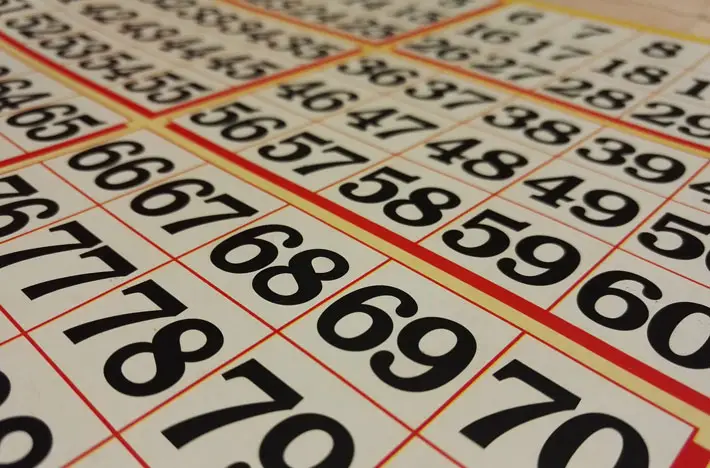Mobile Technology, Internet and their Impact on one Great British Tradition – Bingo

Bingo is rightfully considered to be one of the UK’s greatest traditions. The game doesn’t originate from the British Isles, but neither do many of the other things that we consider to be quintessentially British. Indeed, most stories about bingo begin by explaining how the game originated in 16th century Italy, but we’re not going to get into that.
Bingo as we know it, or as we used to know it until 15 years ago, was made possible by the Gaming Act of 1960 which allowed the establishment of private gambling facilities, including both casinos and bingo halls.
Post WWII – bingo halls and popularisation
Bingo halls started popping up in every city and town and their number kept on growing over the years. There were numerous independently owned bingo halls, as well as bingo halls owned by larger companies. Currently, most bingo halls are owned by large companies. Currently there are more than 45 open bingo halls in Yorkshire, and a vast majority of them are owned by Mecca Bingo, Gala Bingo and Buzz Bingo. It may seem like a large number of bingo halls, but there used to be even more.
Friends and neighbours got together for a game of bingo and it seemed that nothing could put this tradition at risk, especially not its online version which appeared towards the end of the 20th century. After all, bingo was a community thing and there’s no community online, or so it seemed.
In the first few years after bingo online became a thing, it seemed that it will only be a casual type of a game played by a limited number of people. It turned out that nothing could be further from the truth. Not only did many bingo fans grow fond of the online variant, but also many people who weren’t previously interested in playing bingo gained interest once online bingo became an option.
Bingo and internet – sceptics were silenced
There were two main reasons why many doubted that online bingo would gain popularity. First, it was the previously mentioned sentiment that conventional bingo is all about community and is generally speaking a social event. Many thought that this element will simply be missing online. The second element is the average age of the bingo player. It is commonly thought that the elderly are more likely to play bingo and 15 or 20 years ago many old people had no clue what the internet was, let alone play bingo online.
It turned out that although it doesn’t bring people physically together, online bingo gives players an opportunity to meet and play with other players from all over the country, and via they chat rooms they also have the opportunity to have fun, converse and participate in the chat room games where winners get prizes like free bingo tickets and more.
As for the average bingo player, yes, bingo was and still remains a game that’s very popular with older folks, but they are no longer strangers to internet and technology. Statistical data from 2016 shows that 88% of all adults between 55 and 64 and 74% of those between 65 and 74 actually do use the internet. The use of smartphones and other mobile devices such as tablets is also on the rise, both in the country and internationally.
Can traditions change?
From all that has been said it is easy to conclude how internet and mobile technology impacted the game bingo. There are other aspects which we didn’t mention. Players can know choose from a greater variety of games, without having to limit themselves to the good old 90-ball bingo. The American 75-ball bingo is also available online, as well as 80-ball bingo, 52-ball bingo and 30-ball bingo, also known as instant bingo.
The popularisation of online bingo put pressure on conventional bingo halls and those who wanted to keep their players had to look at how to change their approach and make the game more exciting and more dynamic.
We now have many venues where non-conventional bingo nights take place, i.e. where bingo is combined with another activity like dancing. These bingo nights made the game popular again with the younger audience.
Traditions that change and adapt survive and become even richer, whereas those that oppose changes tend to disappear.










